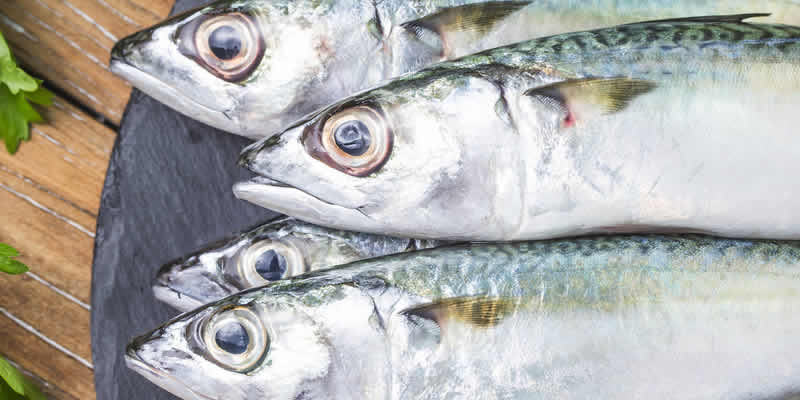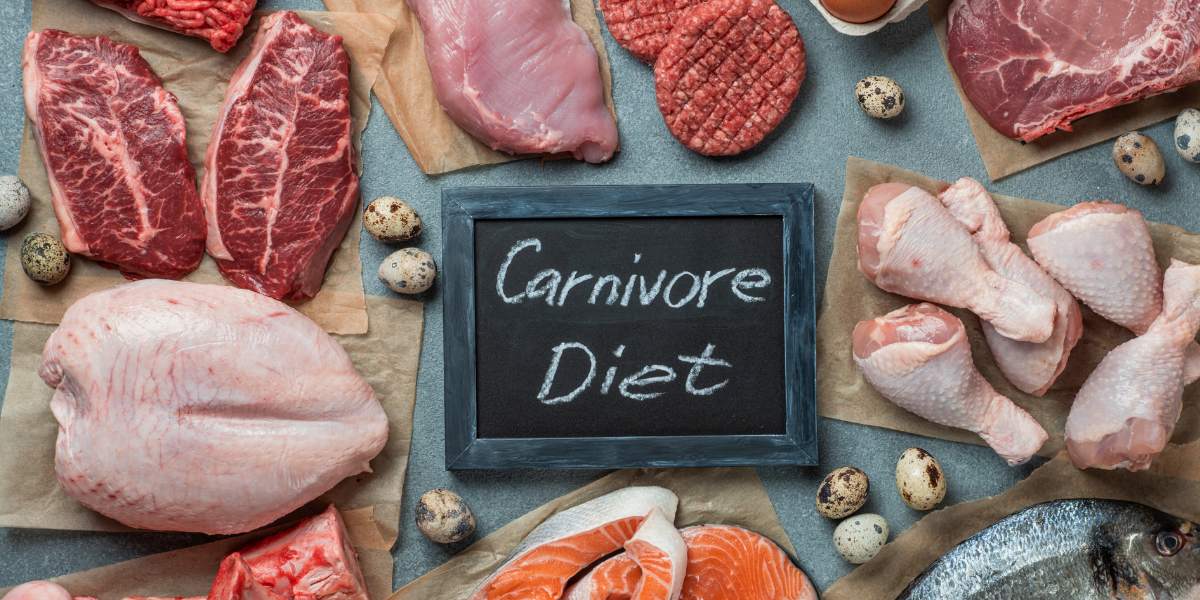More research has been published that indicates eating oily fish regularly has significant health benefits.
The latest study, carried out by Canadian researchers, was based on previous information reported by four different papers that involved more that 190,000 people from 58 countries.
The team from the McMaster University say they discovered a pattern that showed consuming fish like salmon and sardines twice a week could reduce the risk of dying from cardiovascular disease by more than a fifth.
- Screening calls after prediabetes linked with mortality and cardiovascular disease risk in large study
- Type 2 diabetes increases cardiovascular disease risk by 21%
They found that sudden deaths and overall mortality rates fell by 21% and 18%, respectively, among those who had cardiovascular disease who ate about two servings of fish a week.
There was a 16% reduced association with having a heart attack or stroke over the next decade among those who indulged in regular fish servings.
It has become a well-known health fact over the years that omega-3 fatty acids that are found fish are good for the human heart, eyes and brain, and for those with arthritis or dementia.
Study author Dr Andrew Mente at McMaster University in Ontario, said: “Dietary guidelines generally encourage consumption of a variety of fish, preferably oily types – for example salmon, sardines, tuna and mackerel – at least twice a week for CVD prevention.
- Simple stair test could determine heart attack risk
- Dementia risk lowered with better heart health scores in midlife
“In our study, CVD risk was lowest with a moderate amount of fish – that is, at least 175 g a week (6oz) or approximately two servings.
“On this basis, two servings of fish per week may be the minimal amount of fish needed to reach maximum benefit – an amount consistent with current recommendations for CVD prevention. [There was] little additional benefit with higher intakes among patients with vascular disease.”
The findings have been published in the JAMA Internal Medicine journal.






